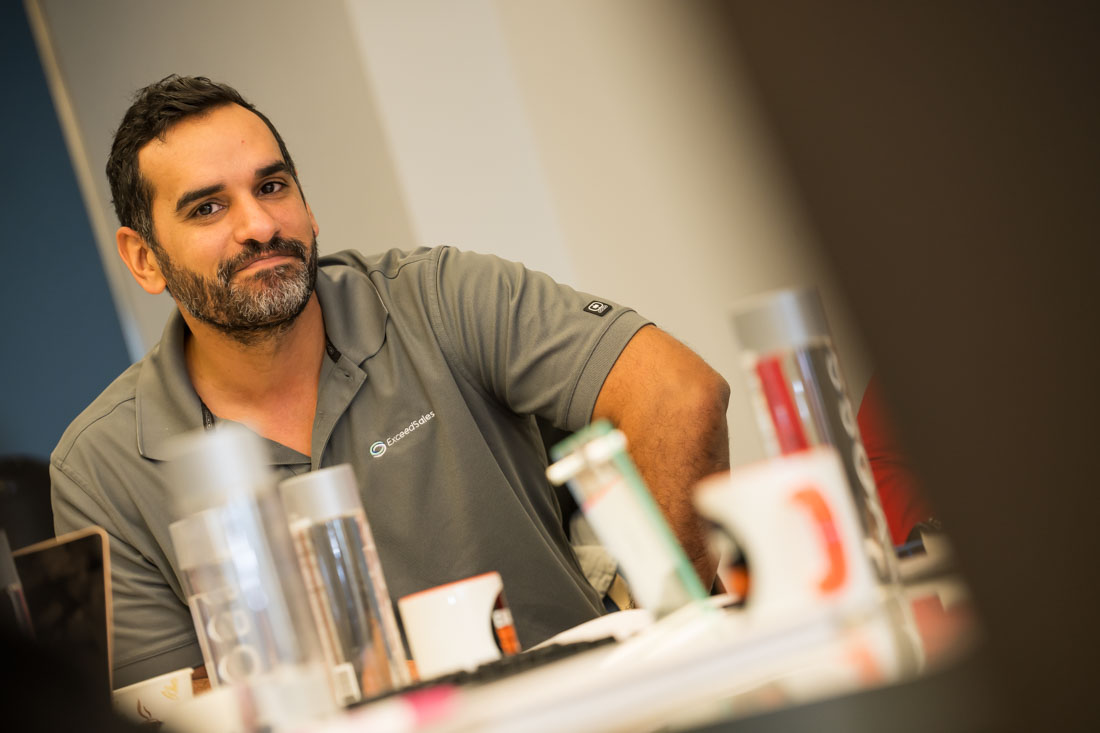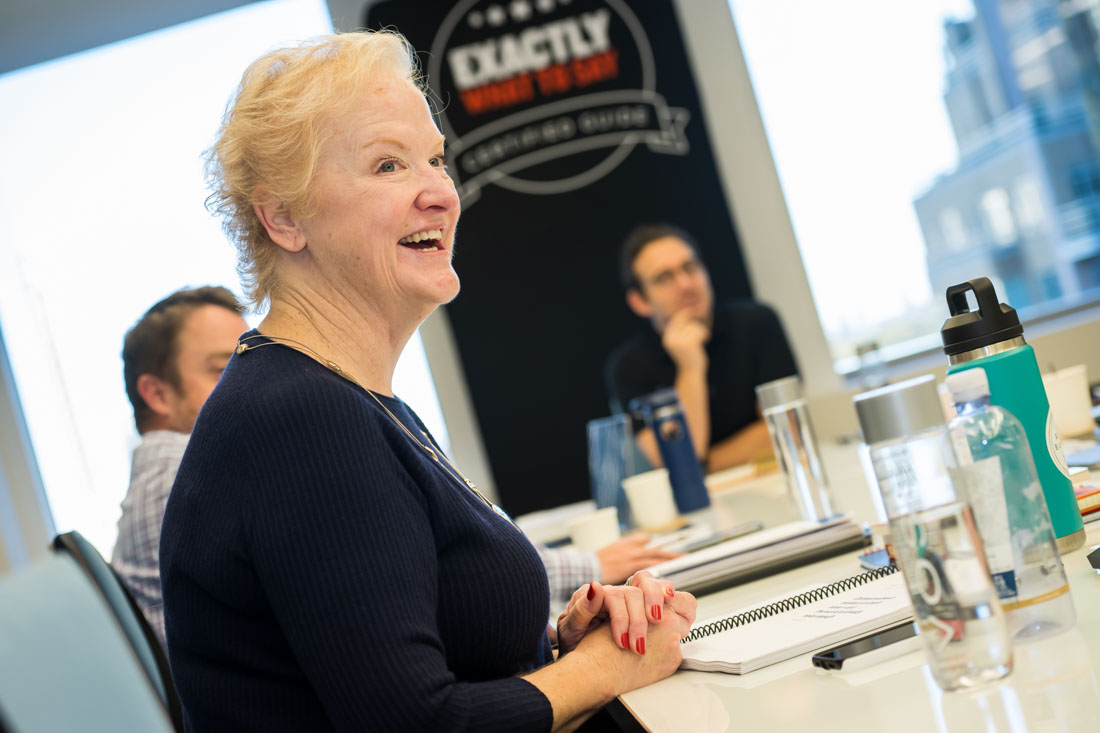If your practice or organization is in the healthcare arena, communication skills should be at the top of the agenda for every meeting or training session on your calendar. If this is not the case for you, then take a look at the three reasons for giving more thought to the critical conversations we have with our stakeholders and reflect on the impact that could be made through a targeted improvement of these skills:
1. Because you are a healthcare professional, not a salesperson
I could not agree more with you. However, instead of diminishing the importance our conversations have with our patients and clients, the above statement should highlight the impact our sage advice and recommendations should have. No one wants to “sound like a salesperson,” so let’s put some effort into ensuring we do not.
As a professional, it should be imperative our message is clear, truthful, and accessible to those who trust us for their healthcare needs.
Nicholas Pitt Tweet
If the worst time to think about what we’re going to say is just before we say it, then some effort placed into determining the language we use should prove to be a wise investment. If the goal of the healthcare professional is to improve outcomes for our patients, because we know through our training and expertise how to best help, then the messenger is equally as important as the message itself. It’s not “sales” to illustrate to a teenager’s parents how the latest in orthodontia can provide increased self-esteem for their child.
It’s not “pushy” to provide a concise set of facts regarding how the sleep apnea treatment can help the patient get a good night’s sleep, waking up refreshed for the first time in years. In fact, its quite the opposite. By not better making our case for how we can help, the healthcare professional may be being derelict in their duty to help others to the best of our ability.
2. Because better communication leads to better patient satisfaction
When we think of patient satisfaction, we often think about how well our products or services performed when set against expectations. The easiest way to fall short of expectations is to over-promise, and under-perform. While we all must believe in what we do, we must also be careful to deliver upon reasonable expectations.
There is no better way to get a negative review than by promising the sun, moon, and starts, only to fall well short of this goal. The conversation we most overlook or gloss over with our patients and clients is the conversation based upon what is possible, and what challenges we may face during our journey together.
There may be some discomfort at first when trying this new orthopedic brace. It may take you a while to adjust to the different magnification lenses in these progressive lenses. There may be certain sounds you have not heard in quite some time that may distract you from the fact that you haven’t asked your loved one to repeat themselves three times before breakfast. By setting realistic expectations, clearly communicated and thoroughly explained, all parties involved will understand that our work today, in this office or clinic, is not completed when you walk out the door, but rather is a process we will continue to work on, into the future.
3. Because your reputation is your livelihood
A question I often ask professionals in this industry is “Would you rather have a doctor who is less capable, but compassionate and caring? A doctor who is very capable, but perhaps lacks the bedside manner we value? Or a doctor that can not only help you feel better, but also communicate to you and your family how to improve, and perhaps how to avoid getting sick again altogether?”
It’s a safe bet that you and everyone reading this article knows what everyone chooses. Being good at what we do, although imperative to our chosen professions, is not enough to succeed. Likewise, compassion without the capability to improve outcomes is not necessarily why we got involved in healthcare either. We’re living in an age where our reputation, as well as those with whom we work, are equally as important as our performance within the practice.
Personally, I set those two aspects on par with one another. How we explain what we do, and how we do it, is tantamount securing the trust and confidence in those who are looking for our help. Neglecting this reality by not placing enough focus on the conversations we have will have negative impact on our practices.
If we believe the above statements to be true, then shouldn’t we be focused more and more not only on the latest in procedures and products, but also on how we communicate effectively with our stakeholders?
When was the last time you and your team received focused training on this critical component of success?





















